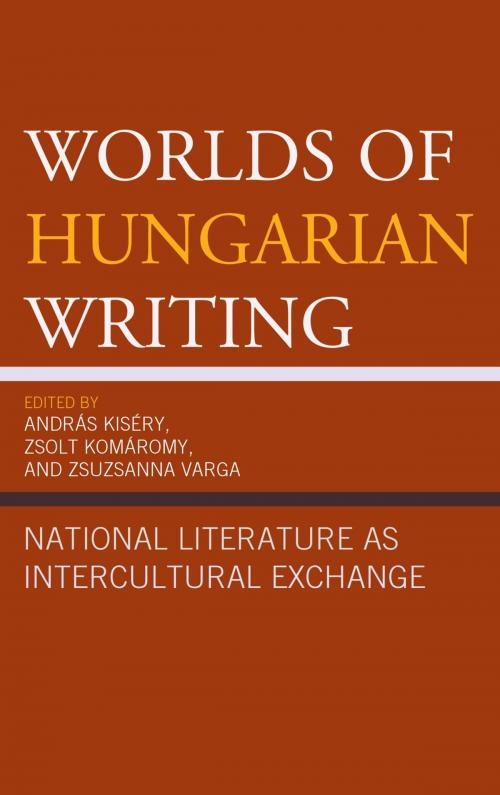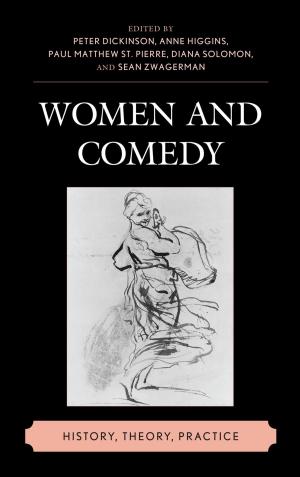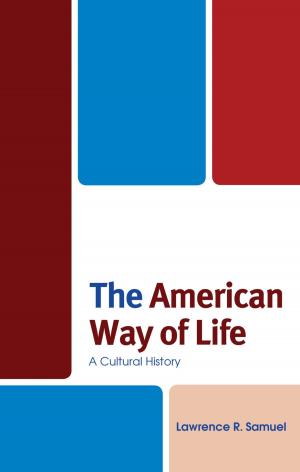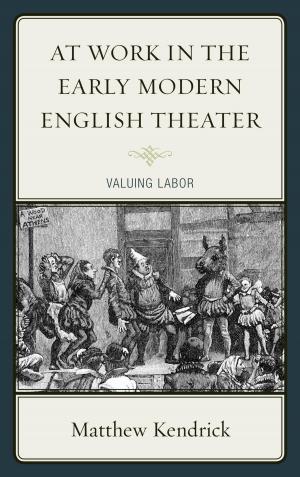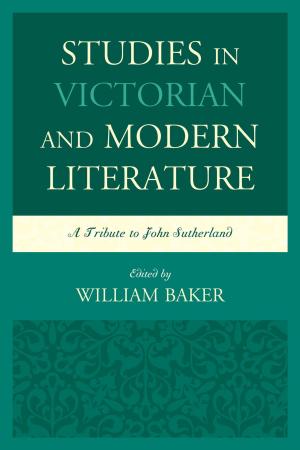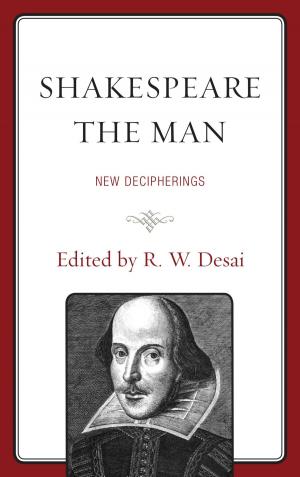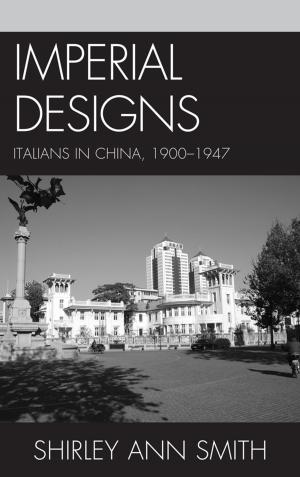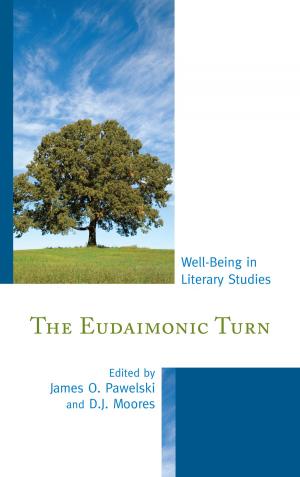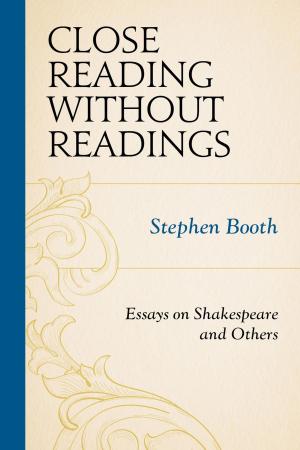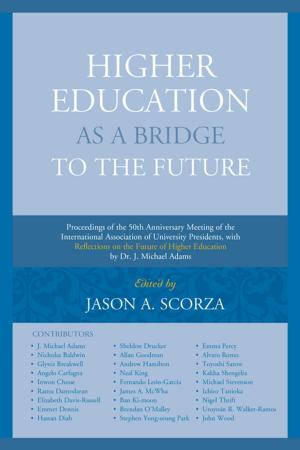Worlds of Hungarian Writing
National Literature as Intercultural Exchange
Nonfiction, History, Eastern Europe, Fiction & Literature, Essays & Letters, Essays, Literary Theory & Criticism| Author: | Júlia Bácskai-Atkári, Tamás Demény, Sándor Hites, Györgyi Horváth, Katalin Orbán, Veronika Ruttkay, Ágnes Vashegyi Macdonald, Lauren Walsh, Edit Zsadányi, György Túry | ISBN: | 9781611478419 |
| Publisher: | Fairleigh Dickinson University Press | Publication: | May 12, 2016 |
| Imprint: | Fairleigh Dickinson University Press | Language: | English |
| Author: | Júlia Bácskai-Atkári, Tamás Demény, Sándor Hites, Györgyi Horváth, Katalin Orbán, Veronika Ruttkay, Ágnes Vashegyi Macdonald, Lauren Walsh, Edit Zsadányi, György Túry |
| ISBN: | 9781611478419 |
| Publisher: | Fairleigh Dickinson University Press |
| Publication: | May 12, 2016 |
| Imprint: | Fairleigh Dickinson University Press |
| Language: | English |
Worlds of Hungarian Writing responds to the rapidly growing interest in Hungarian authors throughout the English-speaking world. Addressing an international audience, the essays in the collection highlight the intercultural contexts that have molded the conventions, genres and institutions of Hungarian writing from the nineteenth century to the present. They are mapping some of the ways in which a modern literature is produced by encounters with languages, cultures, and media external to its traditionally conceived boundaries. But rather than viewing intercultural exchange as an external force, the collection recognizes its enabling importance to the globalizing reception and circulation of Hungarian writing over the continuities and constraints implied by more traditional national narratives. Worlds of Hungarian Writing posits intercultural exchange as the very substance of a literary culture.Discussions of the politics of appropriation and translation, of the impact of émigré writers and critics, and of the use of world-literary models in genre-formation complement studies of the fate of western leftist critical theory in post-1989 Hungary, of the role of African-American models in contemporary Roma culture, and of the use of photography in late 20th-century prose. The volume spans a wide generic range, from the achievements of such canonical 19th-century critics and poets as József Bajza and János Arany, to neglected women authors-translators such as Theresa Pulszky, to modernist writers and critics like Antal Szerb and György Lukács, and to the contemporary novelists Péter Esterházy, Péter Nádas, and László Krasznahorkai. Each essay is an original contribution to comparative literature and to the study of this Central-European literature, but is intended to be accessible to readers unfamiliar with its traditions.
Worlds of Hungarian Writing responds to the rapidly growing interest in Hungarian authors throughout the English-speaking world. Addressing an international audience, the essays in the collection highlight the intercultural contexts that have molded the conventions, genres and institutions of Hungarian writing from the nineteenth century to the present. They are mapping some of the ways in which a modern literature is produced by encounters with languages, cultures, and media external to its traditionally conceived boundaries. But rather than viewing intercultural exchange as an external force, the collection recognizes its enabling importance to the globalizing reception and circulation of Hungarian writing over the continuities and constraints implied by more traditional national narratives. Worlds of Hungarian Writing posits intercultural exchange as the very substance of a literary culture.Discussions of the politics of appropriation and translation, of the impact of émigré writers and critics, and of the use of world-literary models in genre-formation complement studies of the fate of western leftist critical theory in post-1989 Hungary, of the role of African-American models in contemporary Roma culture, and of the use of photography in late 20th-century prose. The volume spans a wide generic range, from the achievements of such canonical 19th-century critics and poets as József Bajza and János Arany, to neglected women authors-translators such as Theresa Pulszky, to modernist writers and critics like Antal Szerb and György Lukács, and to the contemporary novelists Péter Esterházy, Péter Nádas, and László Krasznahorkai. Each essay is an original contribution to comparative literature and to the study of this Central-European literature, but is intended to be accessible to readers unfamiliar with its traditions.
